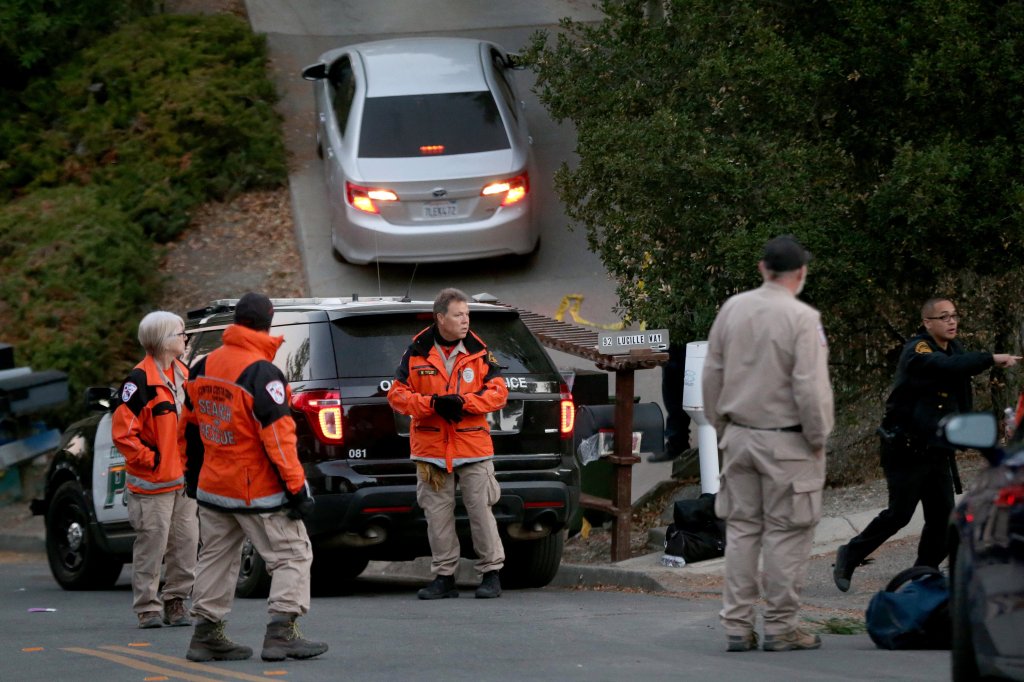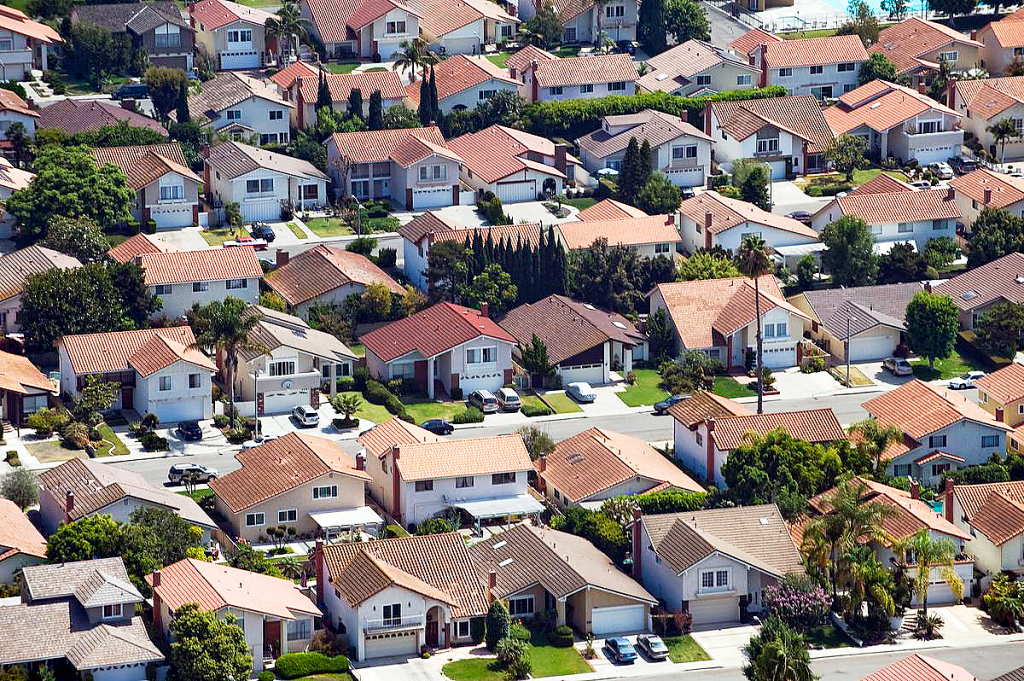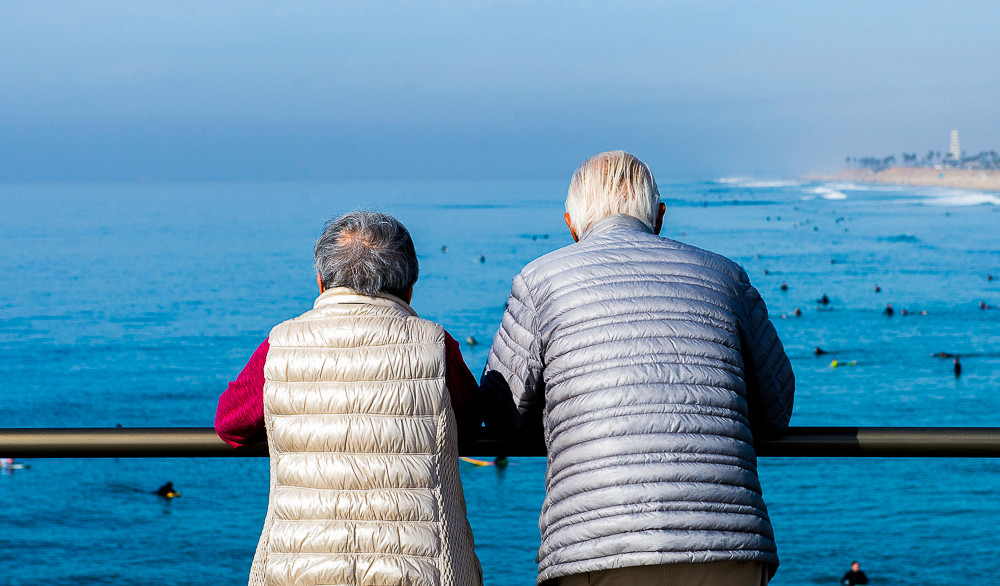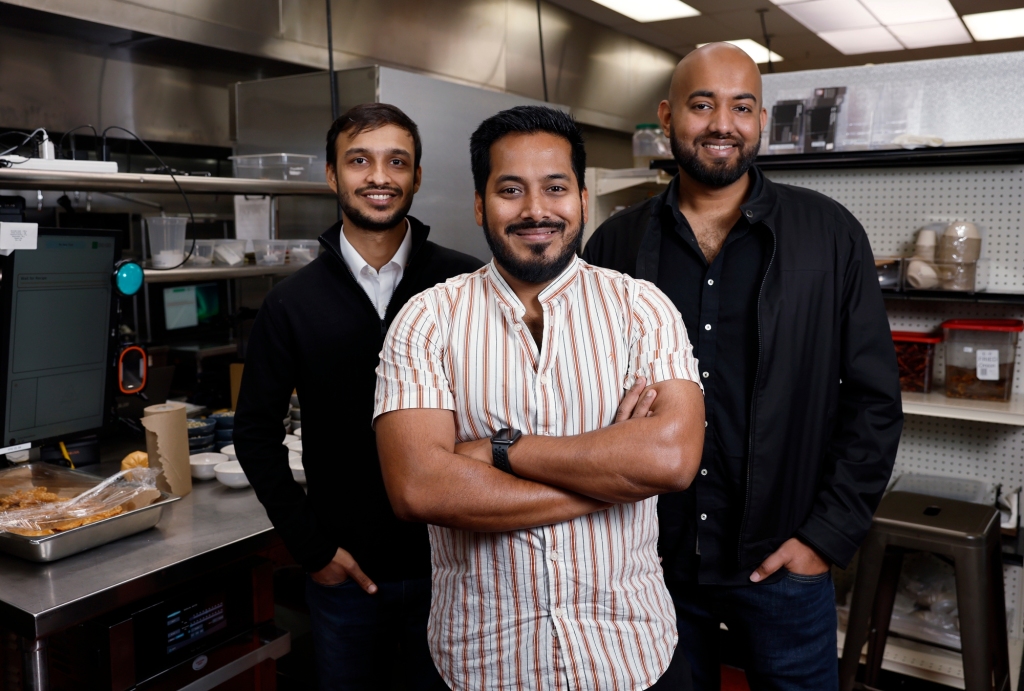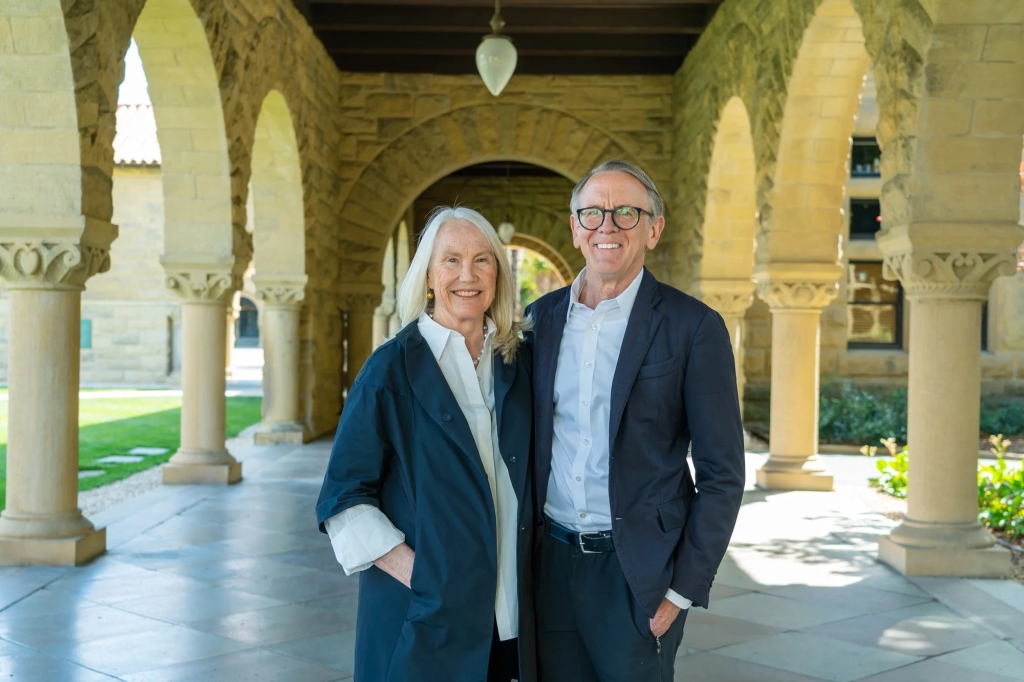A shooting at a Halloween party at an Airbnb in Orinda left five people dead and several others injured in the latest instance of a party at a short-term rental gone wrong, raising questions once again for San Francisco-based Airbnb.
Police responded to calls of shots fired Thursday after 10:45 p.m. at 114 Lucille Way, according to Orinda Police Chief David Cook. He said police found a party with about 100 people when they arrived. Three people were pronounced dead at the scene, two died at a hospital and several others were injured.
Airbnb provides a platform for people to find and list short-term rentals. Arrangements are finalized by hosts and guests, who are supposed to communicate via the platform to guarantee that they are protected under the company’s terms of service. Airbnb tells hosts they can set house rules, require guests to complete verifications like providing an ID, or ask for security deposits. Not all hosts do all of that.
Most listings specify a limit on how many guests can stay at a property, but parties at the rentals have become increasingly common and are often promoted online.
In this case, social media posts show the party was to start at 10 p.m. and attendees were told to “BYOB.” Neighbors also told this publication that there had been noise complaints about parties at the Lucille Way house in the past six months, even though Airbnb spokesman Ben Breit said the property listing called for no parties.
Airbnb rules state that a host must disclose when there are weapons at a listing, and guests are also required to use the messaging feature to inform a host about “any secured weapons prior to booking.” This particular listing asked for no weapons and no smoking or marijuana, and said “neighbors are close” so quiet hours were supposed to be between 10 p.m. and 8 a.m., according to a screenshot of the listing shared by Airbnb.
The home’s owner, Michael Wang, told the San Francisco Chronicle that the guest told him she was booking a family reunion for 12 people.
When asked whether Airbnb plans to take any other action against the guest, who has been banned from the platform, Breit would say only that “We are in close communication with the chief of Orinda PD.”
The company provides a host guarantee of up to $1 million in case of damage to a property, although that does not cover personal liability and is not meant to replace homeowners insurance, Airbnb says on its website.
Beyond rental-booking platforms establishing rules for hosts and guests, it’s hard for one house’s owner to guarantee safety, said Chad Callaghan, security consultant with the American Hotel & Lodging Association — which has been critical of Airbnb and other short-term rental services. He noted that he doesn’t think Airbnb and others like it are held to the same security standards as hotels.
“Part of me wants to say they need to do what hotels are doing, but realistically I’m not sure how they can do those things,” he said.
Other examples of trouble around parties at short-term rentals abound, and so do horror stories from both hosts and guests. A party at a short-term rental in Orinda in 2016 left a man in critical condition. Earlier this month, police had to break up a party of 400 people at an Airbnb in Ohio, leading to Bay Village city officials passing an ordinance last week to prohibit short-term rentals of less than 30 days in residential districts. And in September, the town of Cherry Hill in New Jersey banned Airbnbs after numerous complaints about parties at a home formerly owned by boxing legend Muhammad Ali.
Correction: This story has been updated to clarify a statement made by Airbnb’s spokesman.

